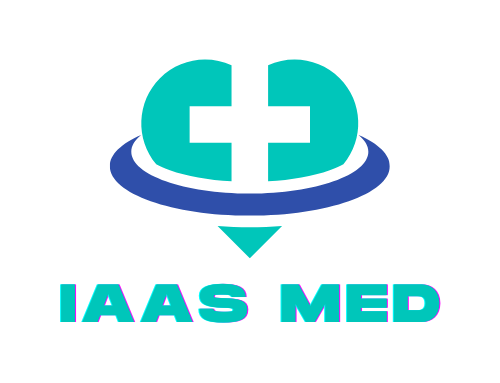Pharmacy is a field that’s continually evolving, shaped by new technologies, patient needs, and shifts in the healthcare landscape. If you’re interested in pursuing a career in pharmacy, you may wonder what steps are necessary to succeed.
Let’s break it down and explore some key skills and emerging trends that will help you prepare for the future of this dynamic profession.
Key Highlights
Laying the Educational Groundwork
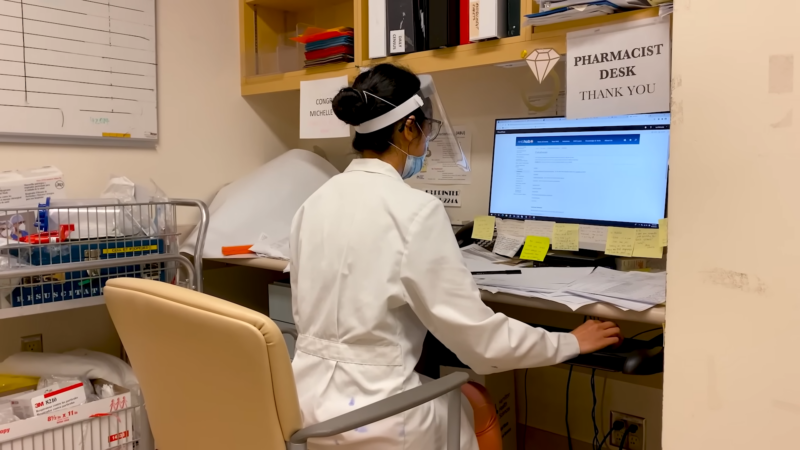
The journey begins with solid educational preparation. The minimum requirement for most pharmacy roles is a Doctor of Pharmacy (Pharm.D.) degree, which generally takes about four years to complete after earning an undergraduate degree.
In the early stages of your academic career, it’s essential to focus on subjects like biology, chemistry, and mathematics. These foundational sciences will set you up for success in pharmacy school.
Internships or part-time work in pharmacies can also be a great way to gain hands-on experience. This practical exposure gives you insight into what day-to-day life as a pharmacist looks like and helps solidify concepts you learn in the classroom.
Most schools also emphasize clinical experience, so look out for opportunities to develop patient-care skills early on.
If you’re looking to fast-track your entry into the healthcare field with a quality nursing program, check out online.marymount for a flexible, accelerated BSN option.
Mastering Digital Literacy and Technology
The digital era is transforming every aspect of healthcare, including pharmacy. If you want to stay ahead, embracing technology is non-negotiable.
As pharmacies integrate advanced tools like electronic health records (EHR), telepharmacy services, and automation systems, digital literacy is becoming just as important as medical knowledge.
Think about how much has changed in recent years. Telehealth is now a standard part of healthcare, and pharmacists are increasingly stepping into roles where they conduct virtual consultations, adjust medications remotely, and educate patients about digital health tools.
Getting comfortable with these technologies will make you a more versatile and valuable pharmacist.
Some major trends to watch in pharmacy tech include:
- E-prescribing: The move from paper prescriptions to electronic ones improves safety and efficiency.
- Pharmacy automation: Robots and software now assist in dispensing medications, freeing up pharmacists for more patient-focused tasks.
- AI-driven medication management: Artificial intelligence can help predict patient needs and optimize drug therapies.
Building Patient Communication Skills
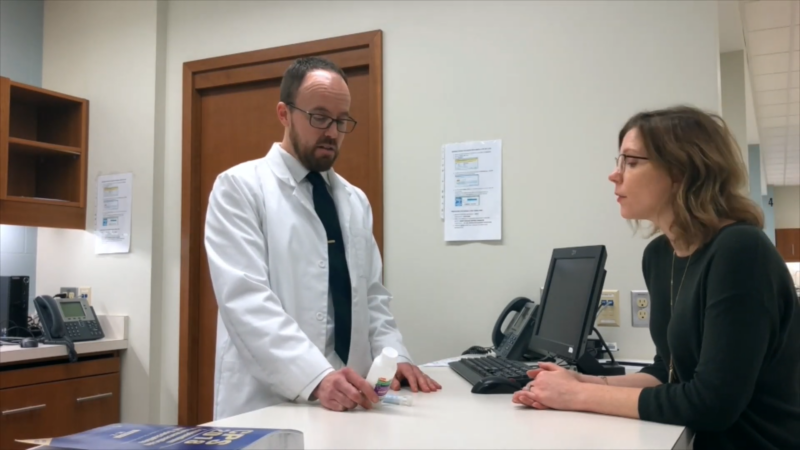
Pharmacists are often the most accessible healthcare professionals for many people. It doesn’t matter if it’s explaining how to take a medication, discussing side effects, or offering over-the-counter recommendations, pharmacists must communicate clearly and compassionately.
The ability to break down complex medical jargon into understandable language for patients is critical.
But it’s not just about explaining the facts. Building trust and rapport with patients is essential.
Pharmacists work with diverse communities, each with unique healthcare needs. Strong communication skills help you provide culturally competent care and ensure that patients feel heard and respected.
A few key skills in this area include:
- Explaining drug interactions in simple terms
- Offering advice on medication adherence
- Counseling on lifestyle changes that complement treatment
Staying Informed on Regulatory Compliance

The pharmacy world is full of regulations, and keeping up with them is essential. Patient safety, drug management, and privacy are just a few areas governed by strict laws.
For example, pharmacists in the U.S. must follow HIPAA guidelines to protect patient information and adhere to rules for managing controlled substances.
Pharmacists who stay informed about the legal and ethical aspects of the profession can avoid costly mistakes. Continuing education programs often offer courses on regulatory compliance, which can help you stay current.
Expanding Clinical Knowledge and Collaboration
Gone are the days when pharmacists only dispensed medications from behind the counter. Today, pharmacists are key members of healthcare teams, collaborating with doctors, nurses, and other professionals to ensure patients get the best possible care.
Clinical pharmacy is one area that’s growing rapidly. Pharmacists in this field work with patients managing chronic diseases, like diabetes or hypertension, and play a crucial role in adjusting and optimizing their medication therapies.
In many cases, they monitor treatment outcomes, making ongoing adjustments to ensure patients get the best results.
Developing strong clinical knowledge helps you move into these more collaborative roles. You’ll need to be comfortable with things like:
- Interpreting lab results and clinical data
- Monitoring medication effects and patient outcomes
- Medication therapy management (MTM) for complex conditions
Work on Leadership and Management Skills
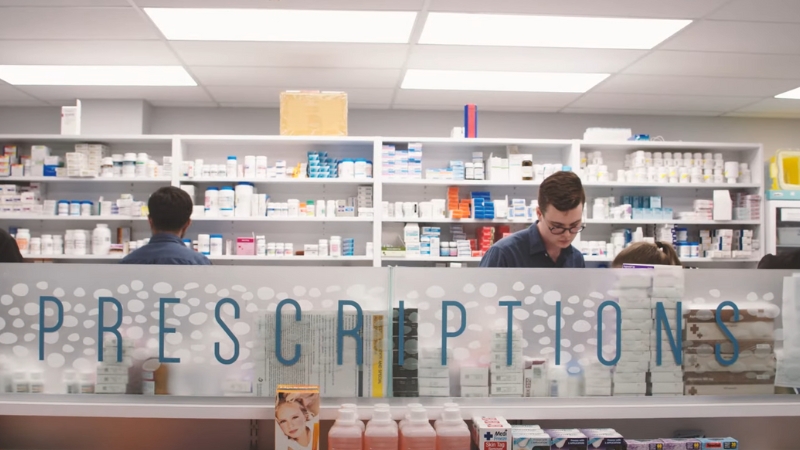
Pharmacies aren’t just healthcare facilities—they’re businesses, too. As the field continues to evolve, more pharmacists find themselves in leadership roles, managing teams, overseeing budgets, or handling the operations of a pharmacy.
Getting some leadership experience while you’re still in school or early in your career can be incredibly beneficial.
If it’s through student organizations, part-time jobs, or internships, look for opportunities to develop skills like workflow management, delegation, and decision-making under pressure.
Specializing in Emerging Fields
One exciting aspect of pharmacy is the opportunity to specialize. As new areas of medicine emerge, pharmacists have the chance to develop expertise in cutting-edge fields.
Pharmacogenomics, oncology pharmacy, and infectious diseases are just a few examples of specialized paths within pharmacy.
For example, pharmacogenomics focuses on how a patient’s genetic makeup affects their response to medications.
As personalized medicine becomes more mainstream, pharmacists with expertise in this area will be highly sought after. If you’re considering specialization, staying informed about these emerging fields can help you carve out a unique and rewarding career path.
Some popular areas of specialization include:
- Oncology pharmacy: Working with cancer patients to manage their complex medication regimens.
- Pharmacogenomics: Using genetic information to tailor drug therapies for individual patients.
- Infectious disease pharmacy: A field that’s growing, especially in light of global health challenges like COVID-19.
Be Ready to Change and Adapt
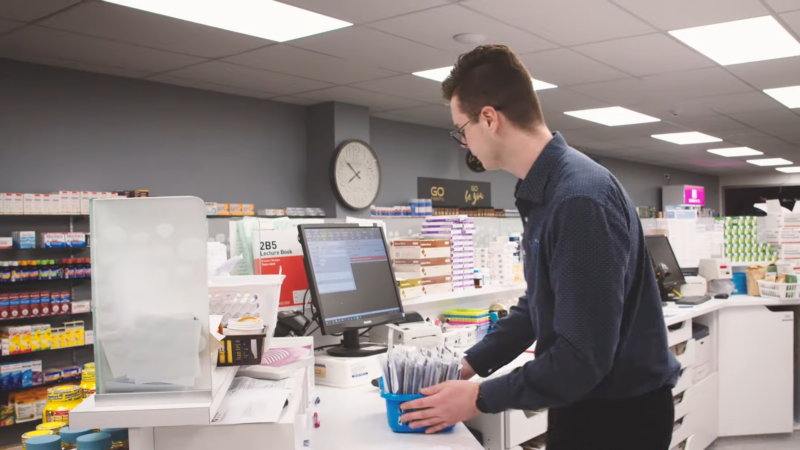
The healthcare field is fast-paced, and pharmacy is no exception. Regulations, technologies, and patient needs are always shifting, and those who can adapt will thrive. Flexibility is a key trait for any future pharmacist.
New challenges, like the expansion of pharmacist roles into chronic disease management or mental health services, are becoming more common. Being open to new ways of working—like telepharmacy—will set you apart.
Building a Professional Network and Seeking Mentorship
Networking can sometimes feel like a buzzword, but in pharmacy, it’s an essential part of career growth. Building connections with fellow students, professors, and professionals during internships can open doors to mentorship and career opportunities.
Joining pharmacy organizations, attending conferences, or even participating in online communities can keep you informed about industry trends.
Finding a mentor is particularly valuable—they can offer guidance on navigating the profession and provide insights into your career path that you might not find in books or classrooms.
The Key to Staying Ahead

Pharmacy is one of the fastest-evolving fields in healthcare. New drugs are constantly being developed, and treatments change as we gain a better understanding of diseases and therapies. The best way to stay competitive in the field is by committing to lifelong learning.
Continuing education is often a requirement to maintain licensure, but it’s also an opportunity to sharpen your skills and stay on top of industry advancements.
Regularly attending workshops, taking certification courses, or even pursuing advanced degrees can help you stay informed and give you an edge in the job market.
Wrapping It Up
Pharmacy is a rewarding and rapidly changing field that offers a wide variety of career opportunities. From mastering the necessary educational qualifications to staying on top of industry trends, there are plenty of ways to prepare for a successful career in this space.
Future pharmacists need a mix of traditional knowledge and modern skills. Embrace technology, build strong communication abilities, and keep your clinical knowledge sharp.
If you stay adaptable and commit to lifelong learning, you’ll not only survive the changes in healthcare—you’ll thrive. So, as you prepare for this exciting career, remember that the skills you build today will shape the future you step into tomorrow.
Related Posts:
- 6 Ways to Advance Your Nursing Practice - Skills,…
- 10 Factors Affecting Job Market Trends In Healthcare…
- 20 Things to Know Before Transferring Your…
- Unlock Your Potential: 6 Steps to Start Your Career…
- How to Choose the Right Healthcare Career Path - 17…
- Top Career Advancement Opportunities for Nurses -…
